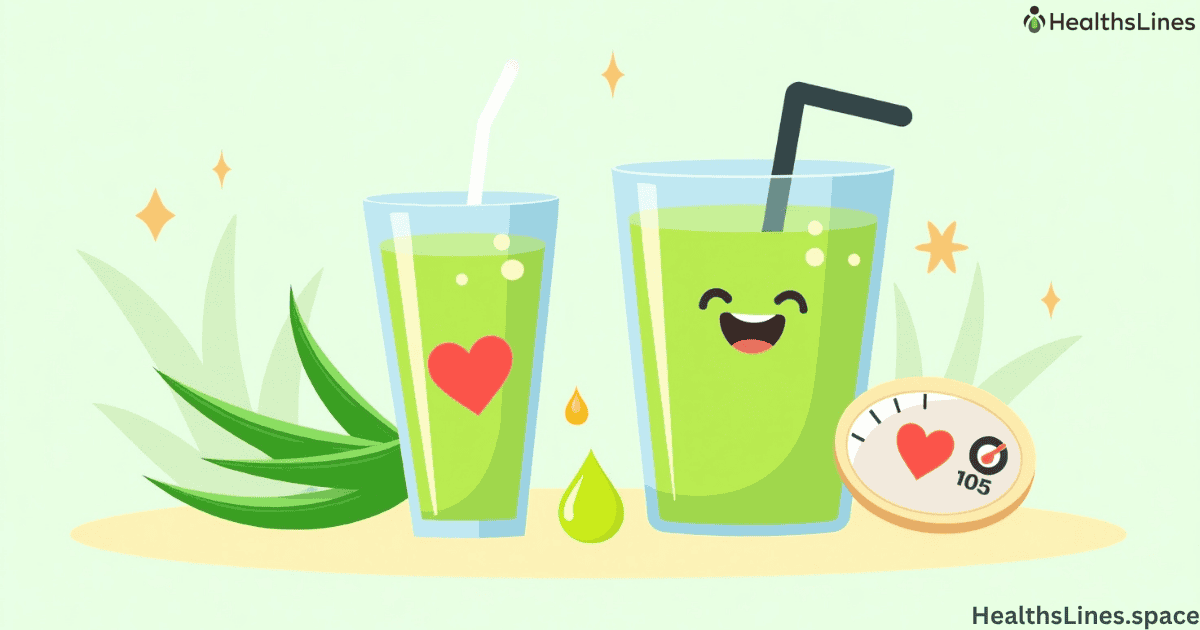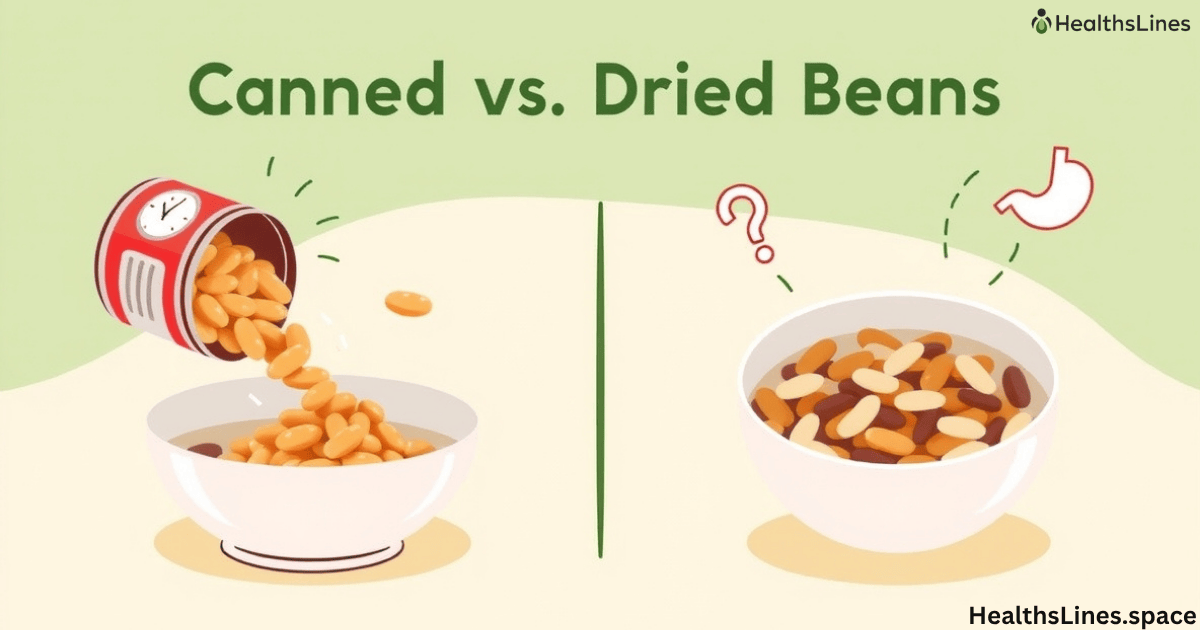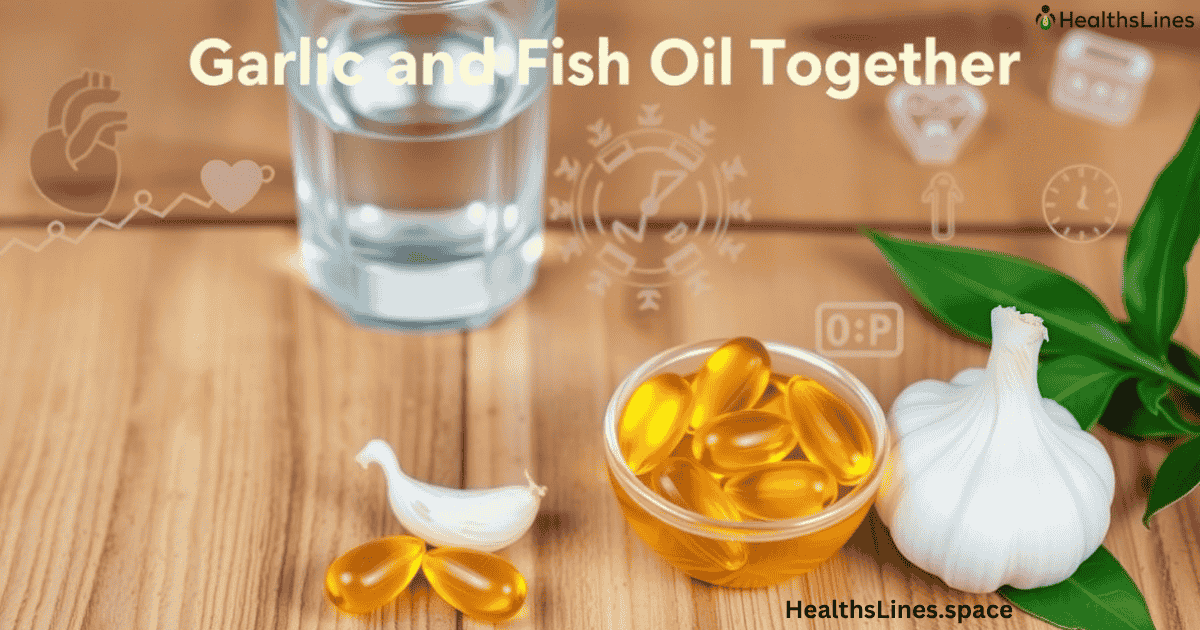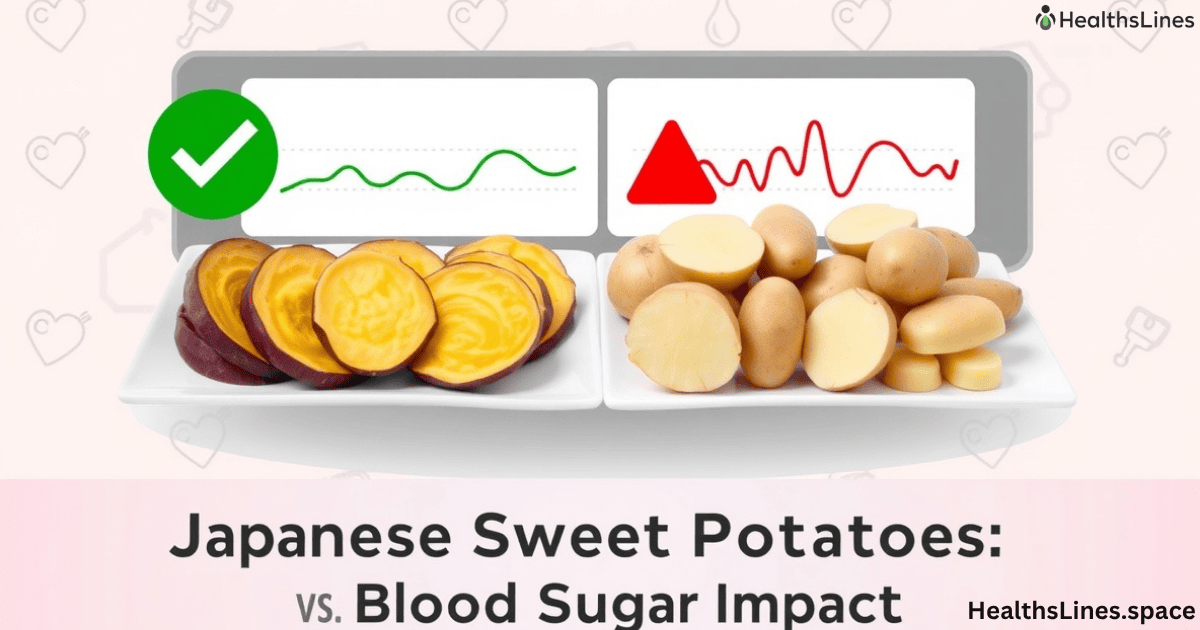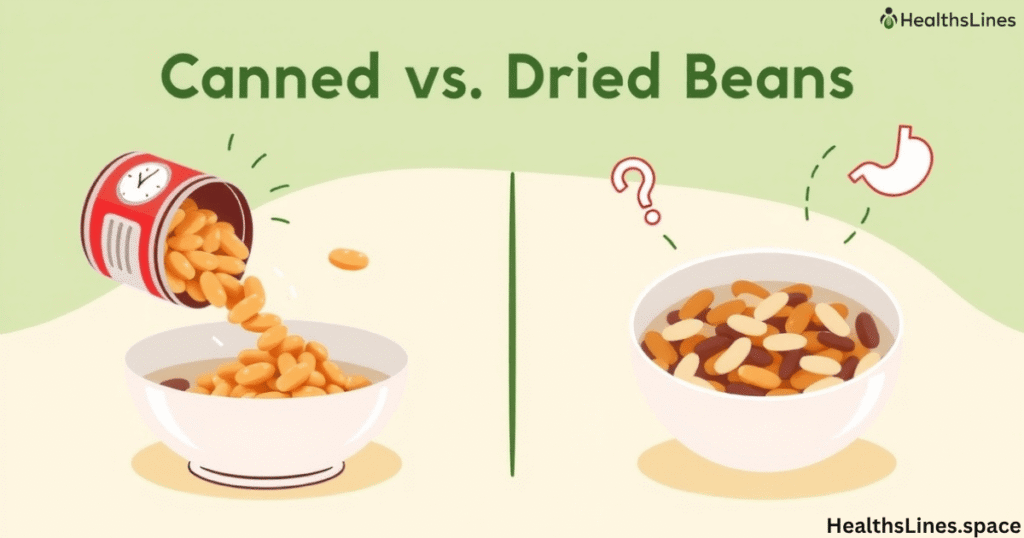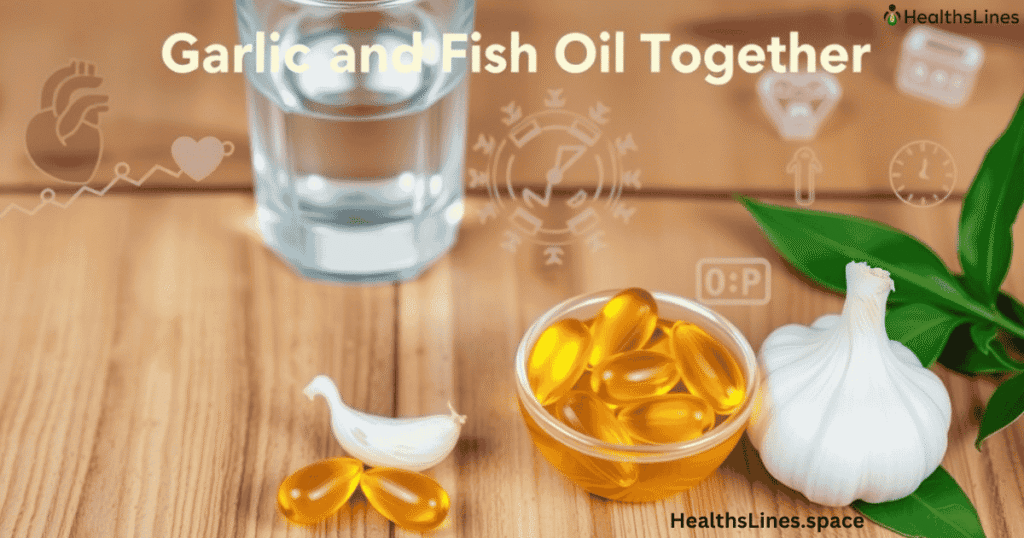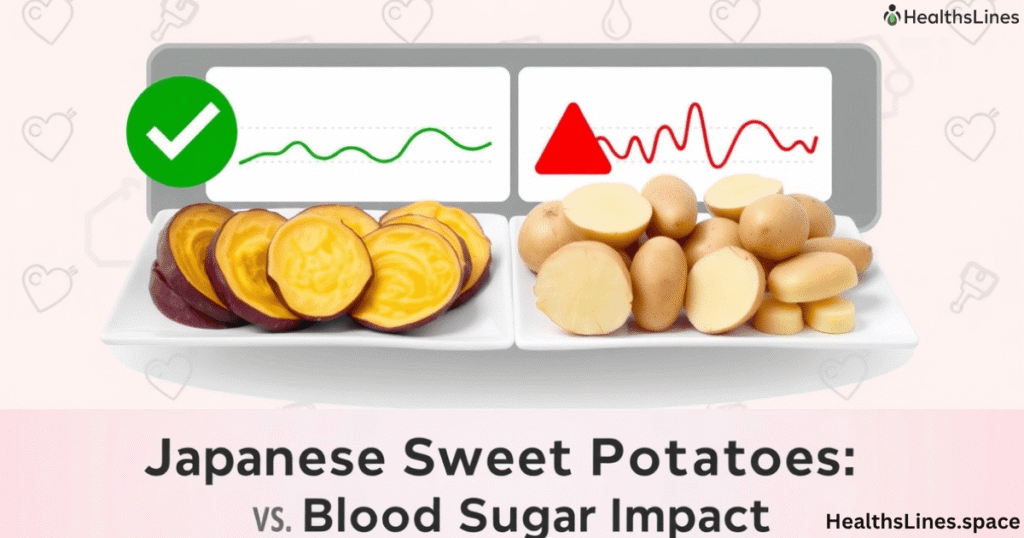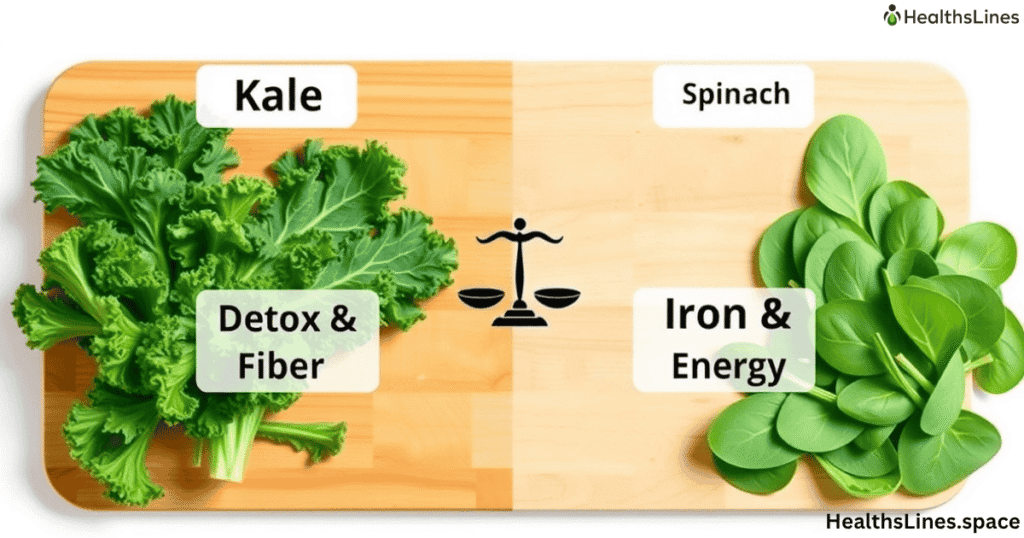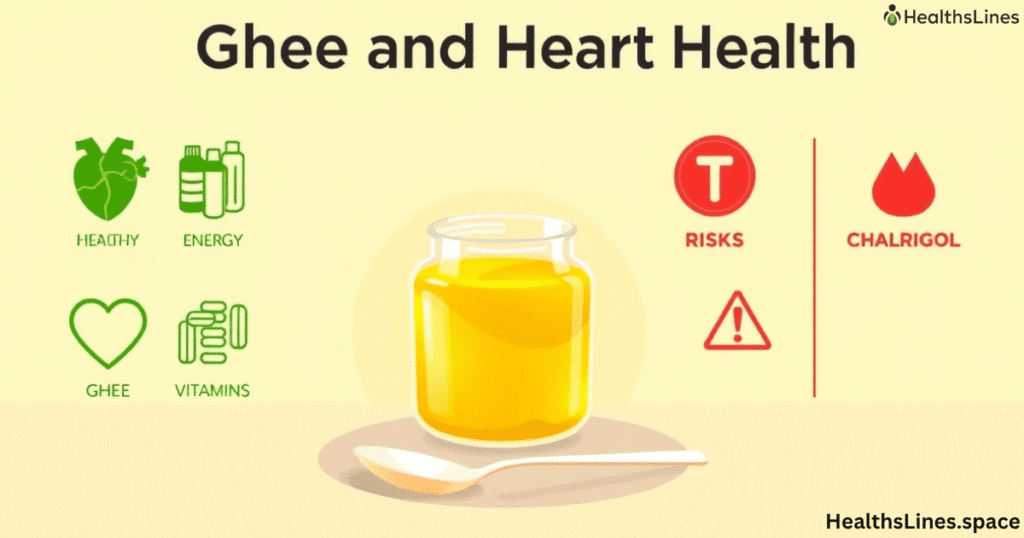How Aloe Vera Helps with Blood Pressure
Your blood pressure depends on how wide your blood vessels are. When your blood vessels become narrow, your pressure goes up Aloe Vera Juice Affects Your Blood Pressure. When they open wider, your pressure goes down. Some parts of aloe vera juice can help open these blood vessels. This is called vasodilation. The plant has natural chemicals like aloesin and aloin. These may help your blood vessels relax. Phytosterols, another plant part, may help with blood flow and lower blood pressure.
Aloe vera juice also has minerals your heart needs. It contains potassium and magnesium. These minerals help your heart beat properly and keep your blood pressure steady. When your heart doesn’t have to work too hard, your blood pressure stays lower. So, drinking aloe vera for hypertension might help support your heart and help control your blood pressure in a natural way .
What Research Says About Aloe Vera and Hypertension
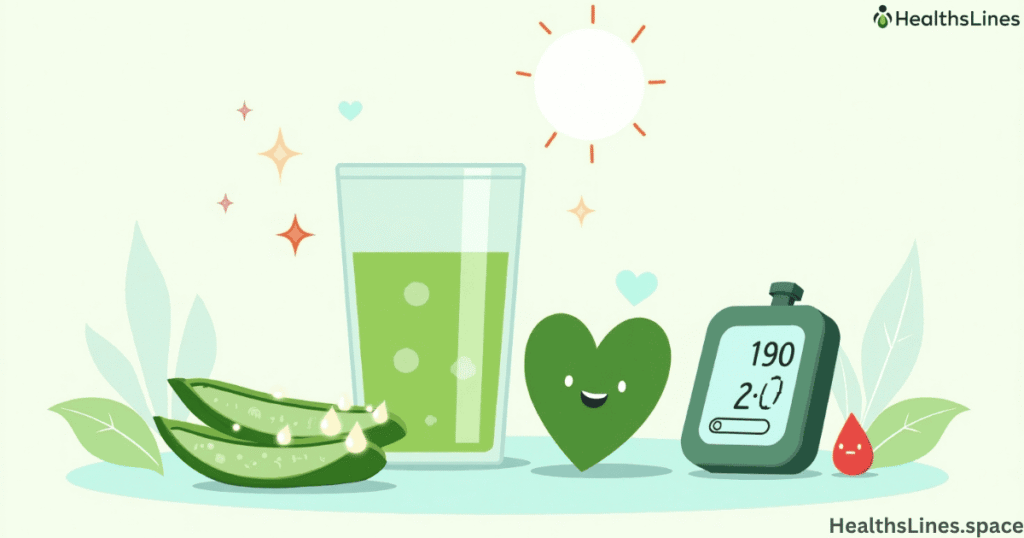
Many people ask, does aloe vera lower blood pressure? The answer is not simple, but some early studies say yes. In animal tests, when aloe juice was given daily, it helped reduce high blood pressure. The animals showed better blood flow and relaxed vessels. This supports the idea that aloe may help with vasodilation, which means opening up blood vessels.
One aloe vera blood pressure study tested people with diabetes and high blood pressure. These people drank 100 ml of aloe vera juice every day. After 12 weeks, their blood pressure went down. They also had better control over their blood sugar. The juice may have helped because it reduced swelling and improved electrolyte balance in the body.
Another study on aloe vera and diabetes hypertension found similar results. People who used aloe with other healthy habits saw changes in their pressure levels. But experts say we need more tests. Most of these studies are small and short. That means we can’t say for sure how well aloe works for everyone.
So far, early research on aloe and hypertension shows promise. Still, doctors want larger studies to learn more. Until then, aloe should be used with care and never replace medical advice or treatment.
Healthy Nutrients in Aloe Vera Juice for Your Heart
Aloe vera juice has many nutrients that help your heart. It includes vitamin C, potassium, magnesium, and antioxidants. These help lower swelling, open blood vessels, and support blood flow. Healthy blood flow means your heart can pump more easily. This can help lower your blood pressure.
These nutrients also fight damage to your blood vessels. They help protect your heart and lower your risk of high blood pressure. The polyphenols in aloe, which are special plant parts, help lower inflammation. Plant sterols can help blood vessels relax. That makes it easier for blood to move. This may help support your heart health and control your blood pressure.
| Nutrient in Aloe Vera | How It Helps Your Heart |
| Potassium | Balances body fluids, may lower blood pressure |
| Magnesium | Helps blood vessels relax, supports heartbeat |
| Vitamin C | Fights damage in blood vessels |
| Antioxidants | Protect arteries from stress |
| Phytosterols | May relax blood vessels and lower pressure |
Risks and Side Effects of Aloe Vera Juice
Even though aloe vera comes from a plant, it can still cause problems. Some people think natural things are always safe, but that’s not true. One big concern is the aloe vera laxative effect. If you drink too much, it may cause diarrhea, stomach pain, or cramps. This can lead to dehydration, which means your body loses too much water. When this happens, your blood pressure may drop too low, which is also dangerous.
Another concern is that aloe vera juice and blood pressure medicine might not mix well. Aloe can work like a water pill, which makes you go to the bathroom more. If you’re already taking water pills for hypertension, it may lower your minerals too much. This can hurt your heart, kidneys, or muscles.
Aloe vera medical interactions are also a real risk. It can change how your body uses some medicines, especially for diabetes or high blood pressure. Women should never drink aloe juice because it may cause cramps or early labor. People with heart disease, kidney problems, or stomach issues should also be careful.
Experts say to always talk to your doctor first. The aloe vera juice risks may be small for some, but they can be serious for others. Safe use always starts with good information Aloe Vera Juice Affects Your Blood Pressure.
Who Should Try Aloe Vera Juice and Who Shouldn’t
Some people may want to try aloe vera juice and blood pressure support. If you are healthy and want to try something natural, aloe might help. If your blood pressure is not very high and you don’t take medicine, it might be safe to try it. People looking for natural remedies for high blood pressure may want to include aloe in their routine.
But aloe juice is not good for everyone. If you take blood pressure pills or water pills, be careful. Aloe might interact with your medicine. Also, if you have kidney problems, you should avoid aloe. Always ask your doctor before trying it. Aloe should not replace your medicine or a healthy lifestyle. It works best when used with a good diet, exercise, and stress control.
How to Take Aloe Vera Juice the Safe Way
If you want to try aloe vera juice for blood pressure, it’s important to take it the right way. Start with a small amount—just 1 to 2 ounces a day. This is the safest aloe vera dosage for blood pressure. You can mix it with water or fruit juice to make it taste better and easier on your stomach. Don’t drink too much, or you might feel sick.
Look for organic cold-pressed aloe. This kind of juice is made without heat or chemicals, so it keeps more healthy parts. Make sure the label says inner leaf is recommended. This part of the plant has fewer strong chemicals and is gentler on your body. Avoid whole leaf aloe unless it’s filtered, because it may contain aloin, a strong laxative that can cause side effects Aloe Vera Juice Affects Your Blood Pressure.
Don’t take aloe juice at the same time as your blood pressure or diabetes medicine. It could change how medicine works. Always check with your doctor first, especially if you take other medicines or have health issues. Take breaks after using aloe for a few weeks. This helps your body stay balanced.
Using aloe vera juice the safe way helps you avoid problems and get the most health benefits. A small dose taken right can support your heart without causing harm.
What Doctors Say About Aloe Vera Juice and Blood Pressure
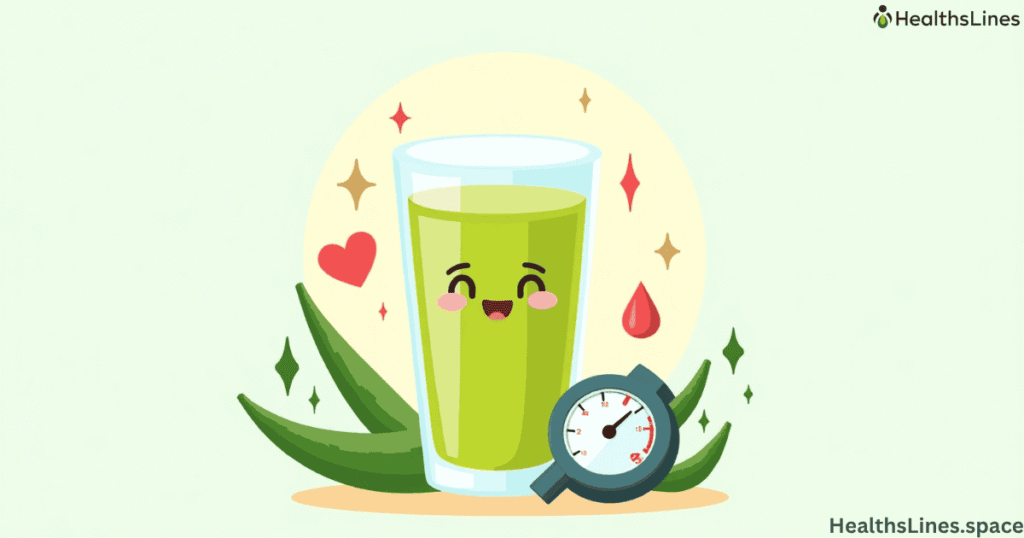
Many people wonder what health experts think about using aloe vera juice and blood pressure together. Right now, most doctors don’t recommend aloe juice as a main treatment for high blood pressure. That’s because more research is still needed. Some small studies look hopeful, but there aren’t enough large studies to fully prove that aloe vera for hypertension is safe and works well for everyone.
However, some doctors believe aloe may help when used the right way. They say it might support your heart health if you also eat healthy, stay active, and manage stress. Aloe contains plant sterols, magnesium, potassium, and antioxidants. These nutrients may help your heart and blood vessels. Doctors agree that cardiovascular support with aloe is possible, but aloe should not replace your medicine.
Dr. Eileen Bruso, a natural health doctor, says, “Aloe vera can be part of a healthy lifestyle, but it’s not a cure for blood pressure problems.” Many doctors say the same thing. Use it wisely and always with guidance.
Until more is known, aloe juice should be seen as a natural helper—not a complete solution. Doctors want you to be safe, so always talk to them before trying aloe vera juice for blood pressure or any new supplement.
Can Aloe Vera Juice Really Lower Blood Pressure?
So, what’s the final answer? Does aloe vera lower blood pressure? Maybe. Some small studies show it might help. It can support blood vessel relaxation, reduce inflammation, and help your heart. But results are not the same for everyone. Some people feel better. Others see no change. Early research shows hope, but it’s not strong enough yet.
If you are healthy, eat well, and want a natural way to support your blood pressure, aloe vera juice might help. But never use it in place of real treatment. It’s one small part of a bigger plan. Always talk to your doctor before starting. It’s important to be safe and know what works for your body.
Conclusion
So, does aloe vera lower blood pressure? The answer is: it might help, but it’s not a magic fix. Aloe vera juice and blood pressure are connected because aloe contains helpful nutrients like potassium, magnesium, and plant sterols. These can support blood vessel relaxation, reduce inflammation, and make it easier for your heart to pump blood. Some small studies and early research show positive results, especially for people with diabetes and hypertension.
